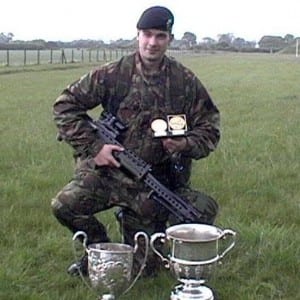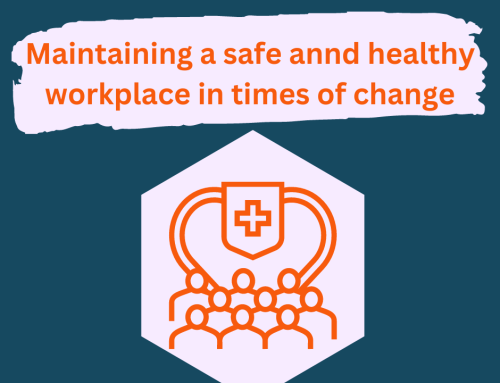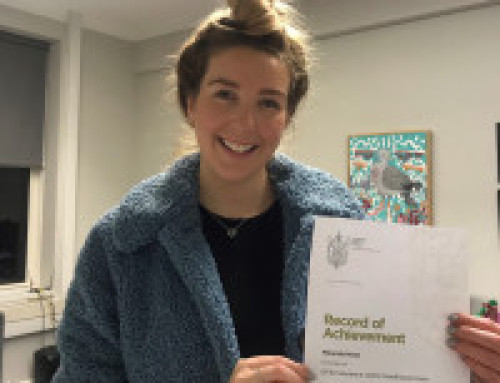Our managing Director served in the Army Reserve for 4.5 years while at university and went on to officer training at Sandhurst following graduation. After the tempo of the physical training caused the onset of chronic compartment syndrome in all 4 compartments of both lower legs, he was honourably discharged at the end of his first term.
His unexpected discharge, due to this lifelong mobility-limiting chronic-pain condition was initially very hard to manage. Richard’s childhood dreams and ambitions had been thwarted and he was at a loss about how to proceed with life outside the Army.
After working as a canoe instructor and archaeologist without a permanent base, Richard was keen to secure an office job in order to better manage his condition and arrange hospital appointments. He applied for a call centre role in a warm office with Zurich, and was offered a position.
Applying himself diligently and professionally to this broker-facing role, he impressed those he was engaging with day to day, so when he decided to move to the NE, one of the brokers offered him a role in their organization. With that, Richard’s love for insurance began. 8 years later he launched his own brokerage, leading the organization to achieve his new ambition of chartered status in 2019.
In this interview we ask him what value his army training brings to our organisation.
Despite serving in the Army a much shorter time that I had hoped, I remain very grateful to the Army for the opportunities I had and the skills I developed which I use every day.
Leading and managing people and resources is a key part of army life. The skills, opportunities and training I had in this on discharge were unparalleled by most people of a similar age or length of experience. This is something I really encourage new veterans to try to capitalize on.
Objective setting and focus was drilled in to me in the army. It really helps us as an organisation by being clear on what we want to achieve and focusing our efforts on achieving those objectives without being distracted by peripheral pressures.
Communication is at the core of what we do as brokers. Most of my time in the Army was spent in intelligence roles, gathering, collating and presenting information, briefing people on my findings and debriefing them following action taken.
This served me really well in developing the skills for my current role. The whole idea of insurance is to bring two people to a contract. But insurers and clients don’t speak the same language! A broker has to collect data from one party (the insurer or the client) and present it in a way that is understandable to the other. Having the skill to do this is vitally important- there’s no point doing a deal if no one really understands the deal they’ve entered in to.
These skills are developed both formally and informally in the forces, and show just a small glimpse of the technical and soft skills veterans have developed. These skills are why veterans are, and should be, in high demand and I’d encourage organisations to target veterans and their families when recruiting.
My time in the Army has left me with a chronic pain condition, but also a wealth of skills and experiences I’m hugely grateful for. I would have loved to have continued my service for much longer, but now am very content with the journey I’ve travelled, as rocky as it’s been at times.
Now I’m keen to offer other veterans support in making the often difficult transition into Civvy Street. Society doesn’t always recognise the skills and experiences we can offer, or how to support us to make the change as productively as possible. I want to do what I can to change that.
Have you signed up to the Armed Services Covenant? Click here for more details of what it means, why it’s important and how to get involved.





